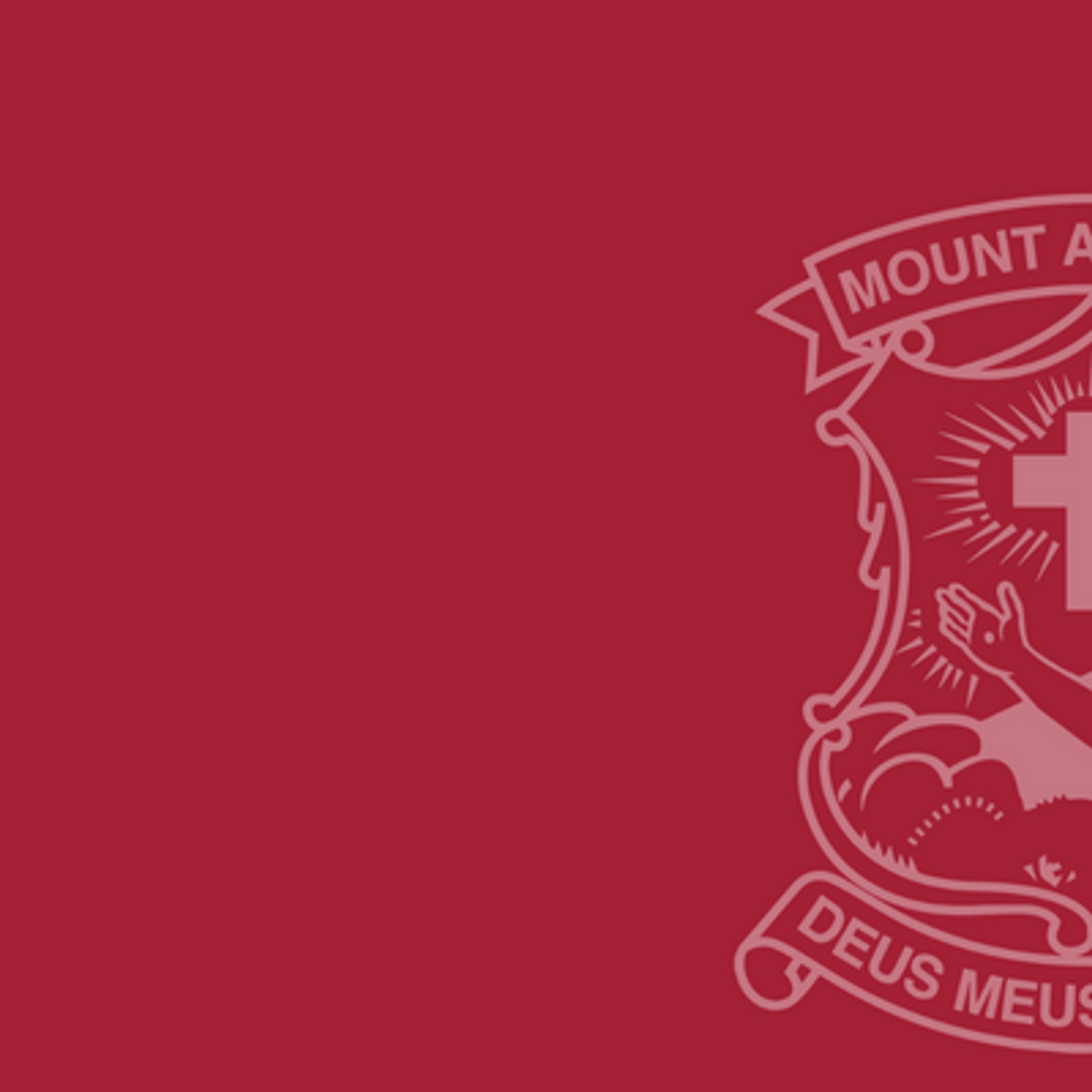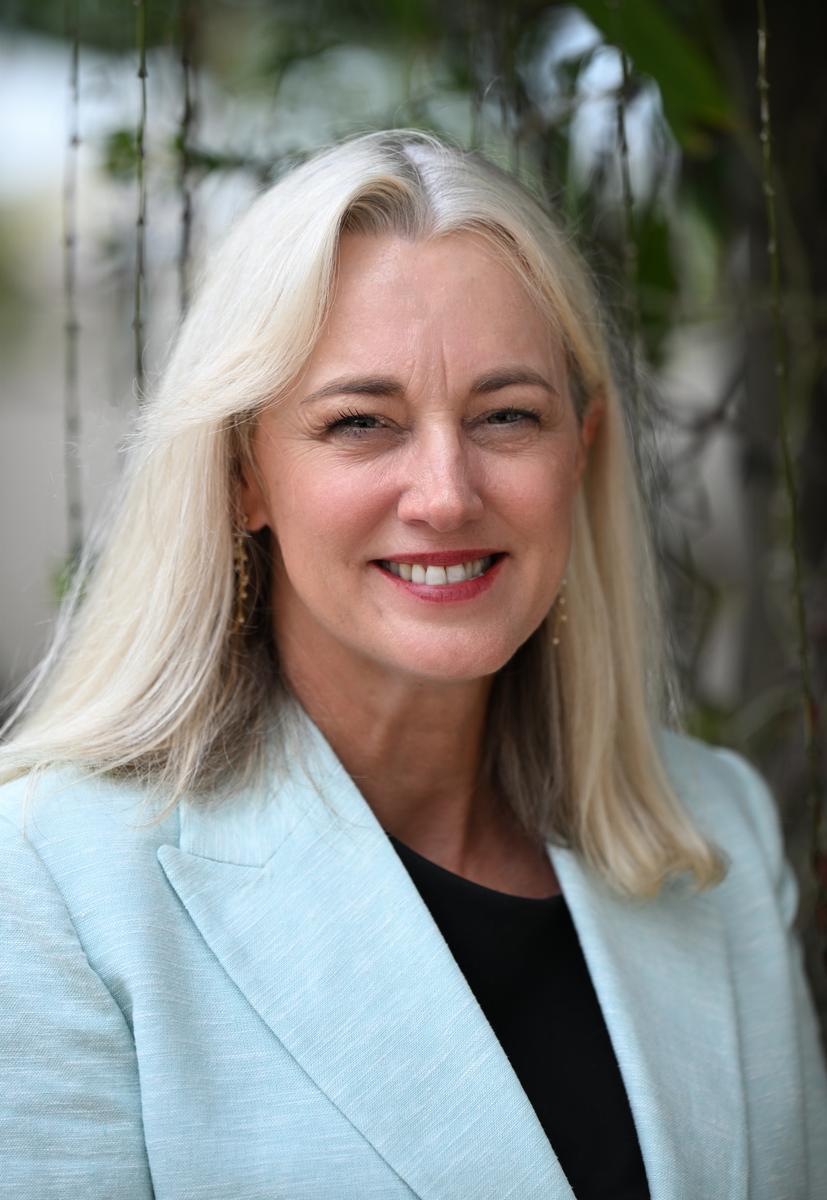Deputy Principal
Student Development & Wellbeing - Michelle Licina

Deputy Principal
Student Development & Wellbeing - Michelle Licina


“Every single student is going to get rejected at some point during the middle school years.” Phyllis Fagell, author, Middle School Matters.
As both a parent and educator these are confronting words to hear and read when we only want the best for our daughters.
The middle years - typically students in Years 7 to 9 - is a period when students are figuring out who they are and how they want to show up in school and life. They no longer turn to their parents for right and wrong. They now begin to turn to their peers. Along with that process comes a lot of fragility and instability, which can lead to conflict amongst peers with a hit to student wellbeing and academic success. It is important to note that conflict is not exclusive to the middle years and extends into the senior years and life as an adult. The term ‘bullying’ is often misunderstood. Lots of mean behaviour does not necessarily equate to bullying which is defined by the three p’s - purpose, pattern, and power. With bullying, there is an intent to wound. There is a pattern of interactions and a power imbalance. Two or more friends considered to have an equal footing who are simply having a disagreement or saying mean things to one another is not bullying. That’s meanness.
As both a parent and educator, listening to a child who is experiencing meanness (or bullying) from others is a difficult thing to accept. It goes straight to the heart! However, conflict is normal and inevitable. Through conflict, adolescents learn how to take responsibility for their actions and how to pick friends who ‘fit’. Managing friendships and relationships helps young people acquire social skills such as generosity, reciprocity and active listening. It is how they learn to pick their battles, set good boundaries, apologise, and figure out when to forgive and let things go. These are not just skills needed to thrive at school, they’re skills they will need to successfully navigate work, relationships, and other aspect of their lives. (Fagell, 2019)
The biggest source of conflict is anything that strips a student of their sense of belonging. If they’re struggling with body image and something happens that makes them feel uncomfortable about their body; if they have a crush on someone and somebody shares that secret; if they have a learning challenge and someone makes fun of how long it takes them to answer a question—any of these things might be the source of a conflict. If you are vulnerable, insecure, or worrying you are not good enough, it is going to be harder to assume someone did not intentionally want to hurt your feelings. (Tutt, 2023)
They can be challenging formative years, marked at times by impulsive decisions made by still-maturing brains and intense emotions amplified by hormonal changes.
They can be markedly tougher without a tool kit of interpersonal and social skills. This is especially so in this 21st century where typed words become the norm and interpreting those words in the tone intended is clouded without the non-verbal cues. Without a tool kit of competencies to manage setbacks, disappointment or conflict - failing a test, making mistakes on social media, misinterpreting social cues—situations can escalate, making it difficult for students to enter the classroom in a state where they are ready to learn.
Schools and parents help our students the most when we work together. Our role is not to talk them out of their feelings. If we continue to do this, the problem-solver is us instead of them. We can be of most help when we help them develop the cognitive flexibility to avoid jumping to conclusions and moving to the worst-case scenario. Even if they are right about the hurtful intention, the focus should be less on catastrophising and more about the action. We can help by helping our young people think more critically about who they are with and how it makes them feel. Rather than tell kids who they should or should not be friends with, ask questions or make observations:
“I noticed you laugh a lot when you are with Ebony. You seem really relaxed and in a great place. When you are with Stella and the other girls, you seem quiet. What do you think is different about your friendship with Ebony?”
When we take on the role of instructor for our young people when they are learning to drive, we provide specific instructions.
Remember the parallel park instruction? We say, ‘turn the wheel to the left. Keep going. Now cut hard to the right.’ When it comes to being kind, we often say things like, ‘treat other people the way you want to be treated’ or ‘be a good person.’ We assume that girls know what that looks like and what that means. Being kind involves a specific set of social skills that our girls need to be taught. Like learning to drive, it needs to be practised. At Mount Alvernia, the focus is on teaching social skills, rather than framing conversations around what not to do. If we want a more harmonious school environment, we need to give them the skills to interact with one another in healthy ways and not wait and target the meanness that leaks out at the end. (Tutt, P. 2023)
Mount Alvernia College’s Personal Best Program is a lesson each week for every student to develop their educational wellbeing. The program is embedded with the evidence-based Social Emotional Learning Framework (SEL). The five competencies include:
There is explicit instruction in our Year 7, 8 and 9 programs about how to build positive and productive relationships in real life and online. In Week 10 for Year 8, we walked students through our respectful relationships policy about our expectations of students as members of our community along with consequences and outcomes for behaviour contrary to this. Students workshopped examples of tricky friendship situations and decided the ‘what next’ together while guided by their Personal Best Teacher.
These competencies do not only sit in our Personal Best programs. They exist in our lessons too: a growth mindset; using planning and organisation skills; recognising strength in others; showing leadership in groups; recognising the vale of critical thinking skills. It is why educational wellbeing – academics plus wellbeing – is at the heart of every aspect of Mt Alvernia life.
With the number of books written about the challenges in the middle years and best sellers such as ‘Queen Bees & Wannabees’, we all wonder why meanness amongst girls still exists, right? Rosalind Wiseman, author of the book, describes these moments as ‘evergreen’ – they will always be there. While that thought is very sobering, I am excited by the research and the evidence-based practices that provide the tools for our young people to manage, dismiss and navigate conflict while at the same time build critical thinking and social capacity for those in their inner circle and the wider world.
All our Heads of House are educational wellbeing experts. Our Counsellors are highly skilled too. If you have any concerns with your daughter in navigating her friendships or confidence in her social capacity, please contact your Head of House. We are here to help.
Every blessing for the term ahead.
Michelle Licina
Deputy Principal - Student Development & Wellbeing
References:
Fagell, P. L. (2019). Middle school Matters: the 10 key skills kids need to thrive in middle school and beyond--and how parents can help. Da Capo Press.
Tutt, P. (2023, March 31). Not All Conflict is Bullying: Teaching Students the Difference. Edutopia. https://www.edutopia.org/article/bullying-social-conflict-middle-school/
Wiseman, R. (2016) Queen Bees & Wannabes. New York: Harmony Books